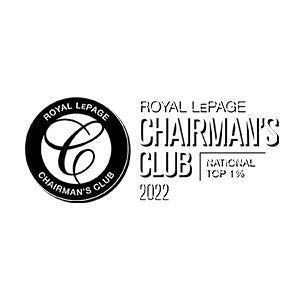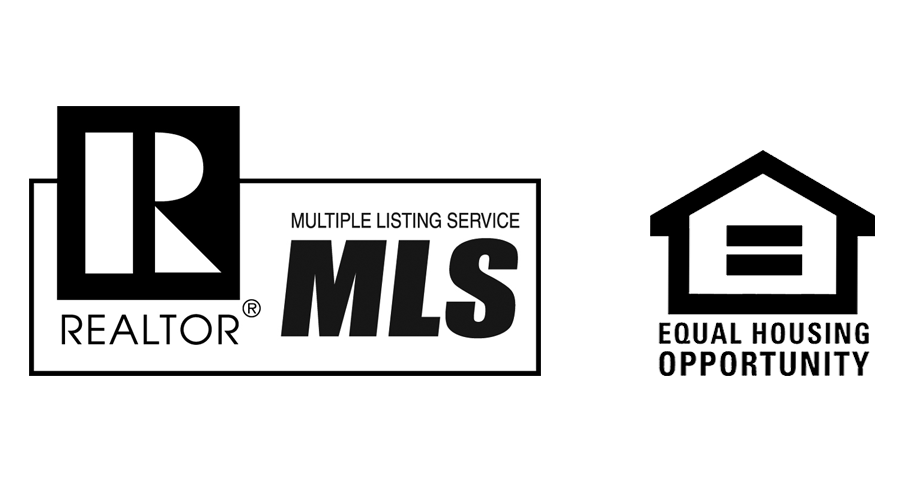Understanding Oakville Property Taxes: Rates, Assessments, and What You Need to Know
Property taxes are part of the package when owning or planning to own a home. And while they aren’t the most exciting part of homeownership, understanding them can give you a serious edge.
Read about how Oakville sets its property tax rates, what MPAC assessments in Oakville mean, and how you can potentially lower your property taxes in Oakville.

Overview of Oakville’s Property Tax System
Before you can calculate your bill or contest your assessment, you need to understand how the system works.
Multiple Taxing Authorities
The Town of Oakville, Halton Region, and your local school board split your property taxes. Each one sets its own rate, and your total bill is the sum of all three.
Annual Budget And Rate Setting
Each year, the town reviews its budget, which includes parks, roads, emergency services, snow plows, you name it, and calculates how much revenue it needs from property taxes. That number, divided among all the assessed properties, gives us Oakville’s portion of your tax rate.
Property Classification
Oakville property tax rates vary based on what kind of property you own. Residential homes typically get the lowest rates. Commercial and industrial properties pay more because they put different demands on local services. It’s the town’s way of keeping things fair.
Determining Assessments
Your tax bill starts with your assessed value. That figure comes from MPAC (the Municipal Property Assessment Corporation), the province-wide authority that decides how much your home is worth for tax purposes.
Every few years, MPAC assesses all properties in Ontario. They look at recent sales, lot size, age of home, any
renovations you’ve done, and location.
Factors Affecting Assessment
Some changes will spike your value faster than others. Renovated kitchens, finished basements, and additions can increase your MPAC assessment.
So can general market trends. If prices are skyrocketing in your neighbourhood, expect your assessed value to reflect that. It’s great for resale value, but not for your annual bill.
Reassessment Cycle
MPAC typically reassesses properties every four years. But you can request a reconsideration if you think they have your value wrong. Be sure to have backup data that’s clearly in your favour.
Calculating Your Property Tax Bill
Let’s break down the formula that calculates your property taxes.
Assessment Value x Total Tax Rate = Annual Property Taxes
Say MPAC assesses your home at $1.2 million. Multiply that by the combined tax rate set by the town, region, and school board, and that’s your yearly bill.
Town vs. Regional vs. Education Taxes
Your bill splits roughly: around 60% goes to the Town of Oakville, 25% to Halton Region, and 15% to the school boards. These percentages can shift slightly each year.
Online Tools For Estimating
Oakville’s online property tax estimator lets you plug in your MPAC value and see what your taxes might look like.
Payment and Due Dates
The town gives you options, but they also expect punctuality. Here are some tips to help you manage better:
- Most people pay their taxes in four installments: February, April, June, and September
- Pay through online banking, set up pre-authorized payments, or head to Town Hall and pay in person
- If you miss a due date, you’ll be hit with interest charges. Oakville doesn’t mess around when it comes to collecting
How to Lower Property Taxes in Oakville
There are ways to reduce your tax bill if you qualify.
Tax Relief Programs for Seniors or People with Disabilities
Oakville offers property tax relief for seniors and homeowners with disabilities, depending on your income and living situation.
Rebates for Heritage Properties
Own a designated heritage property? The town might give you a break for keeping history alive. There’s paperwork involved, but it's a win-win if you’re into preserving old charm.
Green Incentives for Energy Efficiency
Oakville occasionally rolls out programs that reward eco-friendly home improvements, such as solar panels, efficient windows, or upgraded insulation.
Tax Talk Done. Now, Let’s Find You a Home.
Property taxes in Oakville aren’t complicated once you understand the system. You’ve got multiple taxing authorities, MPAC assessments, and a few ways to reduce your debt.
And if you’re ever unsure?
The Dan Cooper Group has seen every angle of Oakville real estate — and then some. Let us help you
find the right property and stay on top of the details. Your dream home deserves a dream strategy.
















